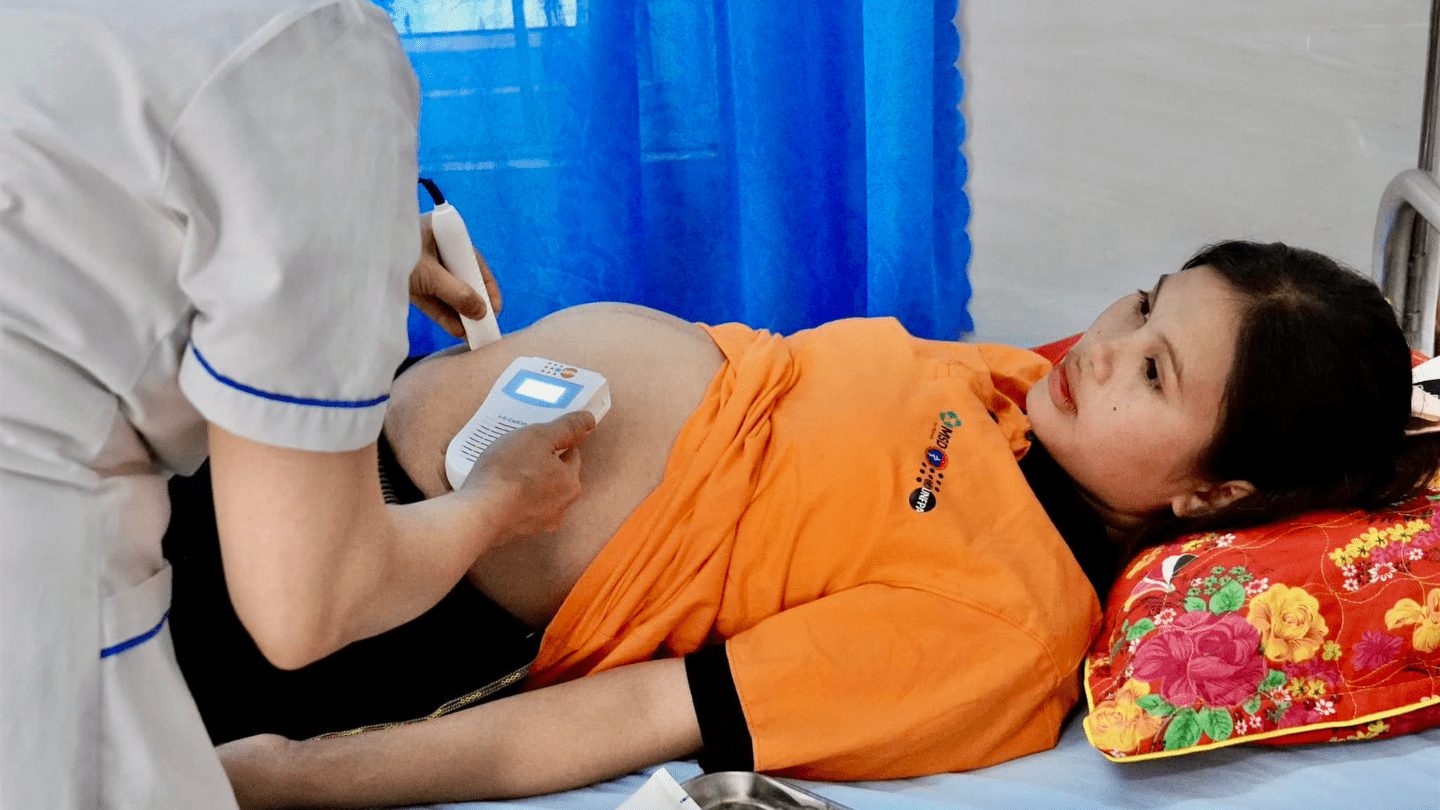UNITED NATIONS, New York – With a new year comes new hopes for the future. These dreams look different for everyone: Families besieged by war hope for peace and stability; millions of young girls across the world hope for a future free from violence and abuse; pregnant women everywhere hope they will experience safe childbirth.
All of these are within the world’s grasp to achieve – but only if we learn from the lessons of our recent past. Below, explore what 2024 taught us and discover how to make 2025 a more peaceful and prosperous year for everyone.
1- To combat multiple crises, we need unity
The year 2024 saw dangerous records broken around the world, from temperature spikes to people displaced by conflict and crisis. And once again, it was women and girls who bore the brunt of international divisions on how to tackle these existential threats. As a tactic of terror, women and girls were singled out for rape and sexual assault, in the Democratic Republic of the Congo, Haiti, Sudan and beyond; in Gaza, Ukraine, Yemen and multiple other conflicts, tens of thousands of pregnant women were forced from their homes, left to suffer soaring rates of hunger and face escalating risks of death.
Pregnancy and childbirth do not stop for emergencies, and human rights are not put on hold during disasters, nor do they stop at borders. Our collective inaction to safeguard them speaks to a need to reprioritize multilateral cooperation – what Antonio Guterres, United Nations Secretary-General, called the “beating heart” of our international community.
2- The path to progress has been laid – now we must defend it
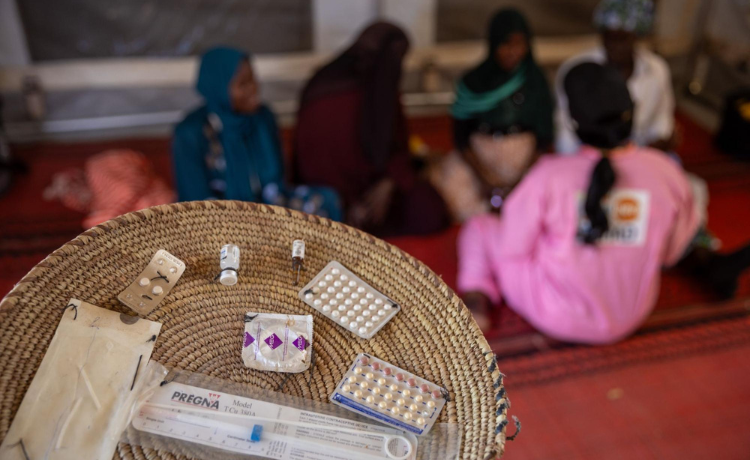
Thirty years ago at the International Conference on Population and Development in Cairo, delegates from around the world agreed on a fundamental truth: Gender equality and sexual and reproductive rights are critical to achieving sustainable development. This pivotal event created conditions favourable to the empowerment of women and girls, leading rates of maternal mortality and adolescent pregnancy to drop by a third while the number of women using modern contraception doubled – fulfilling rights and saving lives.
Although division and polarization now threaten these advances, activists and policymakers remain steadfast in achieving progress, and women and girls are gaining crucial rights and choices. UNFPA stands with them, offering support through access to contraceptives, vaccines, midwives, protection from gender-based violence and other life-saving care.
3- “Left behind” can also mean “pushed behind”
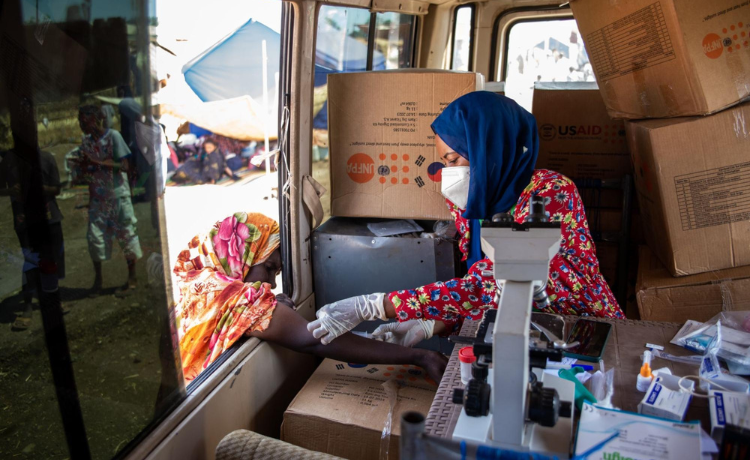
While the gains achieved over the past three decades have been remarkable, they have disproportionately benefited society’s most privileged. This year’s State of World Population report uncovered the multiple forms of marginalization and discrimination that continue to exclude millions from progress. These inequalities are often embedded in our health systems and economic, social and political institutions, depriving too many of fundamental sexual and reproductive health and rights.
To ensure that the next 30 years of progress includes everyone, we must commit to a new vision for the world, one in which we tackle inequalities head-on. This means designing tailored and targeted health programmes that address systemic forms of discrimination. It also means recognizing the value of disaggregated data and moving beyond measuring human experiences in broad averages. To achieve sexual and reproductive rights for all, we must centre the voices and experiences of those who have been left – and often pushed – behind. Importantly, we must recognize that only by strengthening the rights and welfare of individuals can we reinforce those of the collective, and vice versa.
4- To accelerate progress, we need radical new ideas
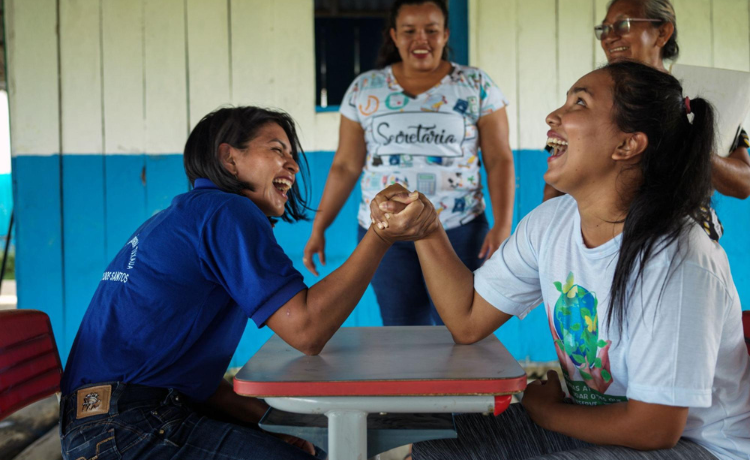
This year, new UNFPA research revealed a stark truth: Globally, we are far behind on realizing a world with zero maternal mortality, zero unmet need for family planning and zero gender-based violence. What were once fast-paced advances have slowed, and in some places even reversed. Why? The global climate crisis, raging conflicts and resurging norms and practices that subjugate women, girls and other marginalized groups are partly to blame; all of these damage health, violate rights and increase inequality.
Yet UNFPA’s research also spotlights innovations with the potential to benefit millions and expand their rights and choices. Advances in assistive reproductive technologies, for example, are enabling those struggling with infertility to create the families they desire, and amid escalating climate risks, new ways of rendering and analyzing data could help communities better prepare for disasters and save lives. Solutions like these – and other fresh ideas that represent “business as unusual” – are crucial to speeding progress.
5- It’s time again to assert: Women’s rights are human rights
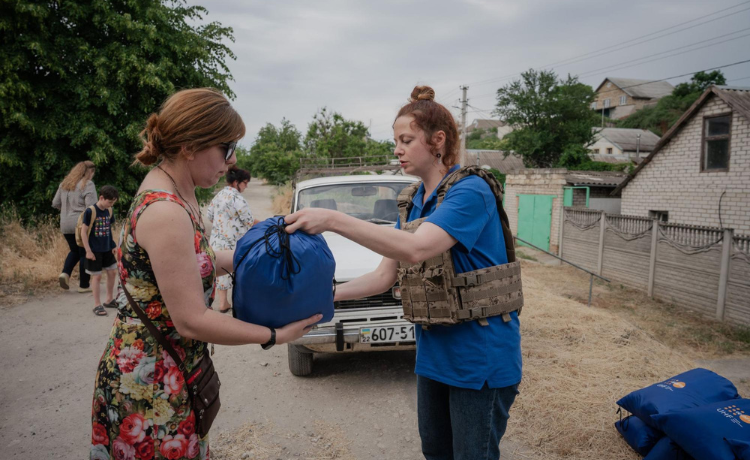
The year 2025 will mark the thirtieth anniversary of the Beijing Conference on women, where former First Lady of the United States Hilary Clinton delivered the seminal statement: “Human rights are women's rights and women's rights are human rights.” We cannot allow crisis, conflict and division to distract us from this truth.
But still no country in the world has achieved gender equality. Globally, a woman is killed every 10 minutes by an intimate partner or family member; 800 die every day due to preventable causes in pregnancy and childbirth; and half of all pregnancies are unintended. To erode these injustices, we must invest in women and girls, leverage wisdom both old and new and champion rights and choices for all – especially the most vulnerable. The world’s peace, prosperity and potential depend on it.

